Recent analysis highlights Indonesia’s increasing military presence in politics and governance, marking a notable shift from the post-Suharto reforms designed to keep the armed forces subordinate to civilian rule. Since late 2024, key military figures have been appointed to influential government positions and the Indonesian National Armed Forces (TNI) have taken more assertive stances on national security policies, including in conflict-prone regions like West Papua. This militarisation also echoes in public discourse, with some political leaders invoking security narratives to justify expanded defence budgets and tighter control over civil society organisations.
The Indonesian government, under President Joko Widodo’s successor, faces complex pressures from both internal security threats and external strategic challenges amid intensifying Indo-Pacific rivalries involving China, the United States, and Australia. The military’s enhanced stature is justified by officials as necessary to maintain sovereignty and order, but critics warn it risks undermining democratic institutions, civil liberties, and accountability, which Indonesia has painstakingly built since the late 1990s.
Civil society groups and international observers express concern over reports of human rights abuses linked to military operations and the shrinking space for dissent. The TNI’s traditional doctrine of dual function — involving both defence and socio-political roles — appears to be reasserting itself, complicating Indonesia’s path towards fully civilian democratic governance. The evolving security landscape also affects Australia, given the close geographic proximity and existing defence partnerships.
Looking ahead, Indonesia’s trajectory will be shaped by how effectively its political leadership balances national security imperatives with commitments to democratic principles and human rights. Regional actors, including Australia, will closely monitor developments, which hold broader implications for stability in Southeast Asia and the Indo-Pacific.
Context & Background
Indonesia, the world’s third-largest democracy and Southeast Asia’s most populous country, has a lengthy history of military involvement in politics dating back to the Suharto era, when the armed forces wielded significant influence over government and civil life. Since the fall of Suharto in 1998, Indonesia embarked on reforms intended to professionalise its military and reduce its direct political role. However, recent years have seen signs of a resurgence in military influence, both in policy-making and political arenas, raising concern among analysts about a possible slide toward militarism.
This shift occurs amidst regional tensions in the Indo-Pacific, with rising geopolitical competition, as well as domestic challenges including security issues in Papua and Islamic militancy. The military’s expanded role in civilian affairs and political endorsements by high-ranking officers echo historical precedents, but the current environment is defined by a more multipolar and democratic framework. Understanding this trend requires balancing Indonesia’s sovereign right to maintain security with the imperative to uphold democratic civilian oversight and human rights protections.
In This Story
Indonesian National Armed Forces (TNI)
The official military forces of Indonesia, comprising the Army, Navy, and Air Force, historically influential in politics and national security.
President Joko Widodo
Indonesia’s president until 2024, whose administration balanced reform with growing military influence; his successor continues to navigate these dynamics.
West Papua
A region in eastern Indonesia with ongoing conflict and military operations that illustrate the increased role of the armed forces in internal security.
Australian Government
Key regional partner concerned with Indonesia’s political-military developments due to strategic and security ties.


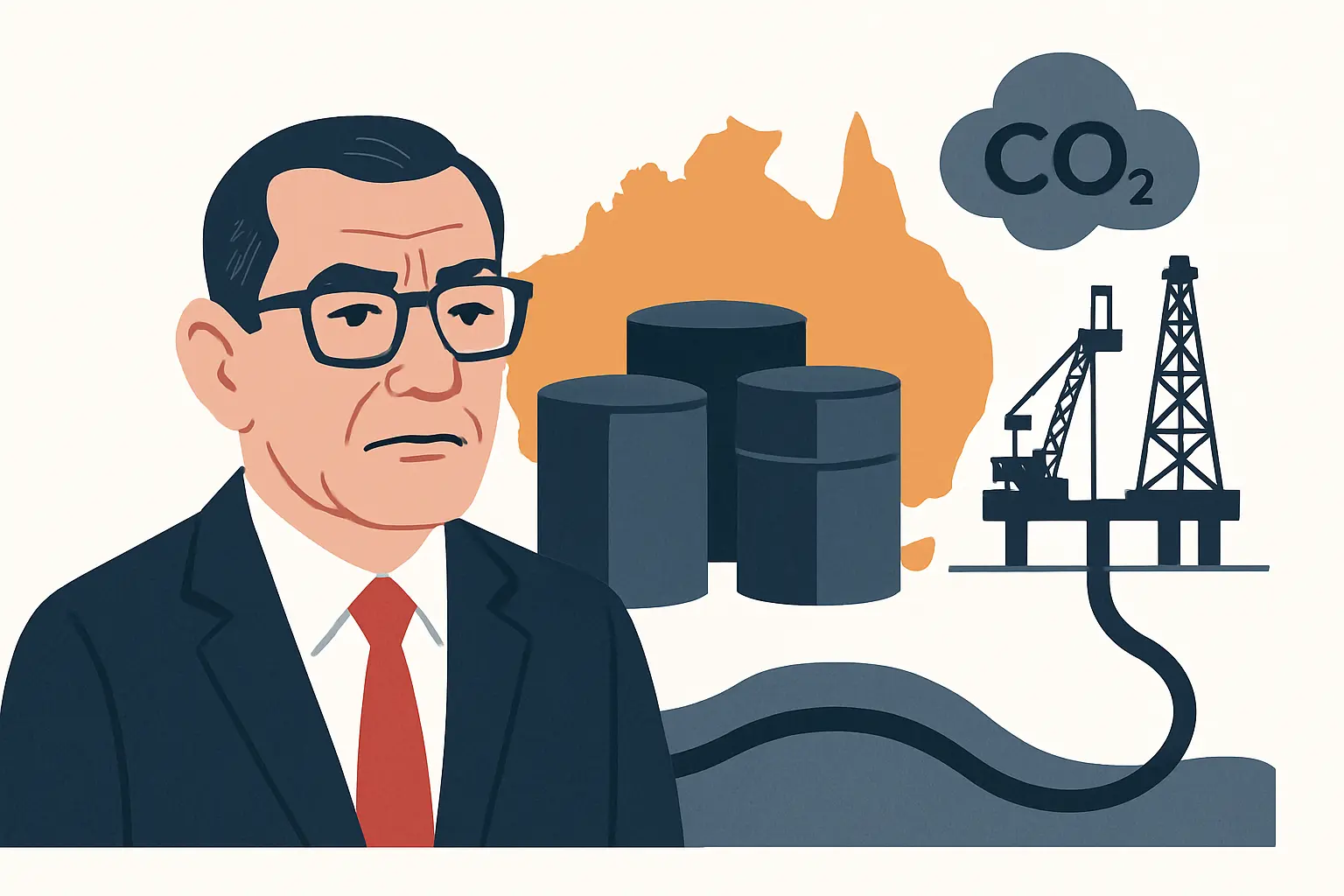






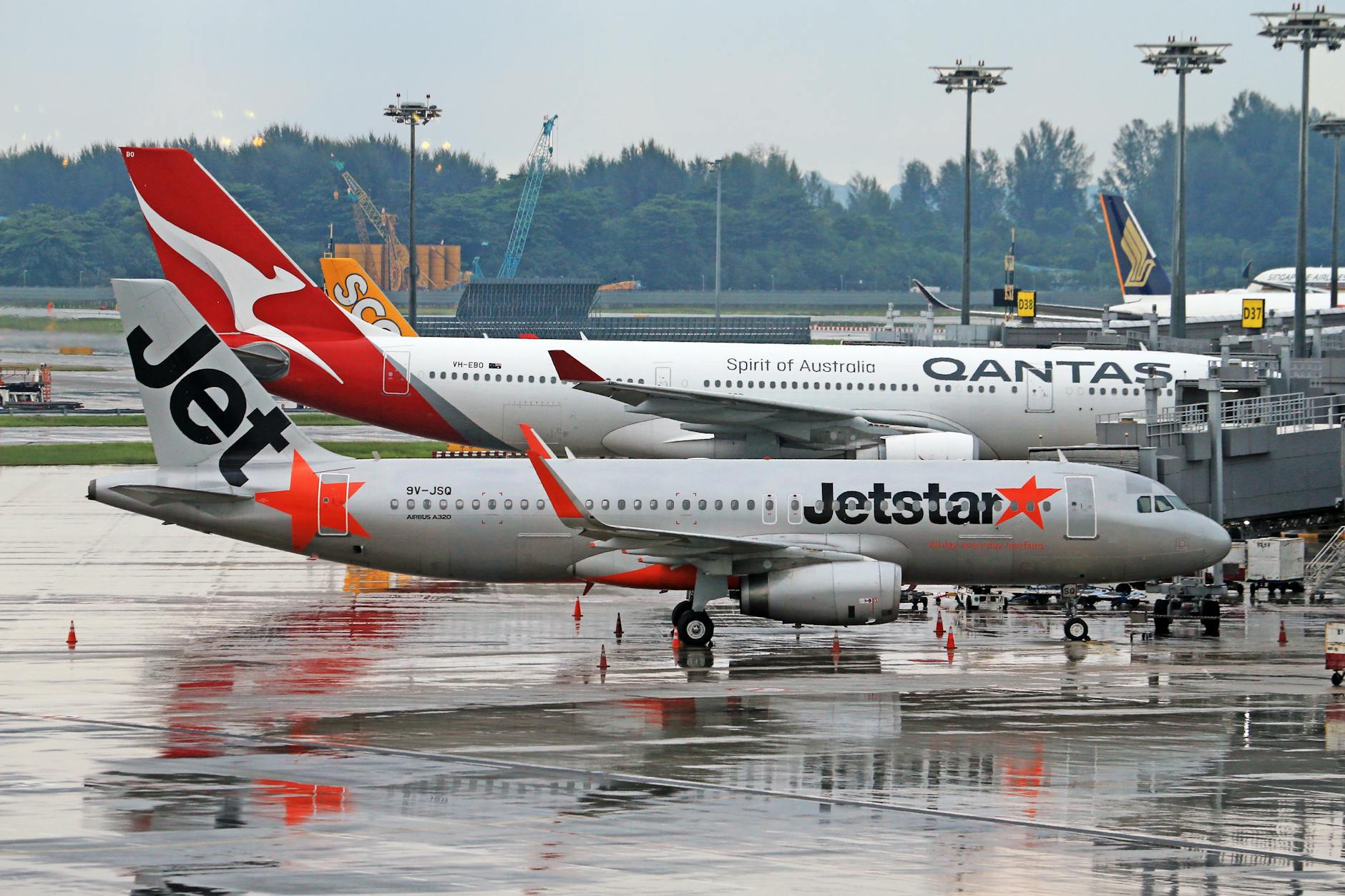



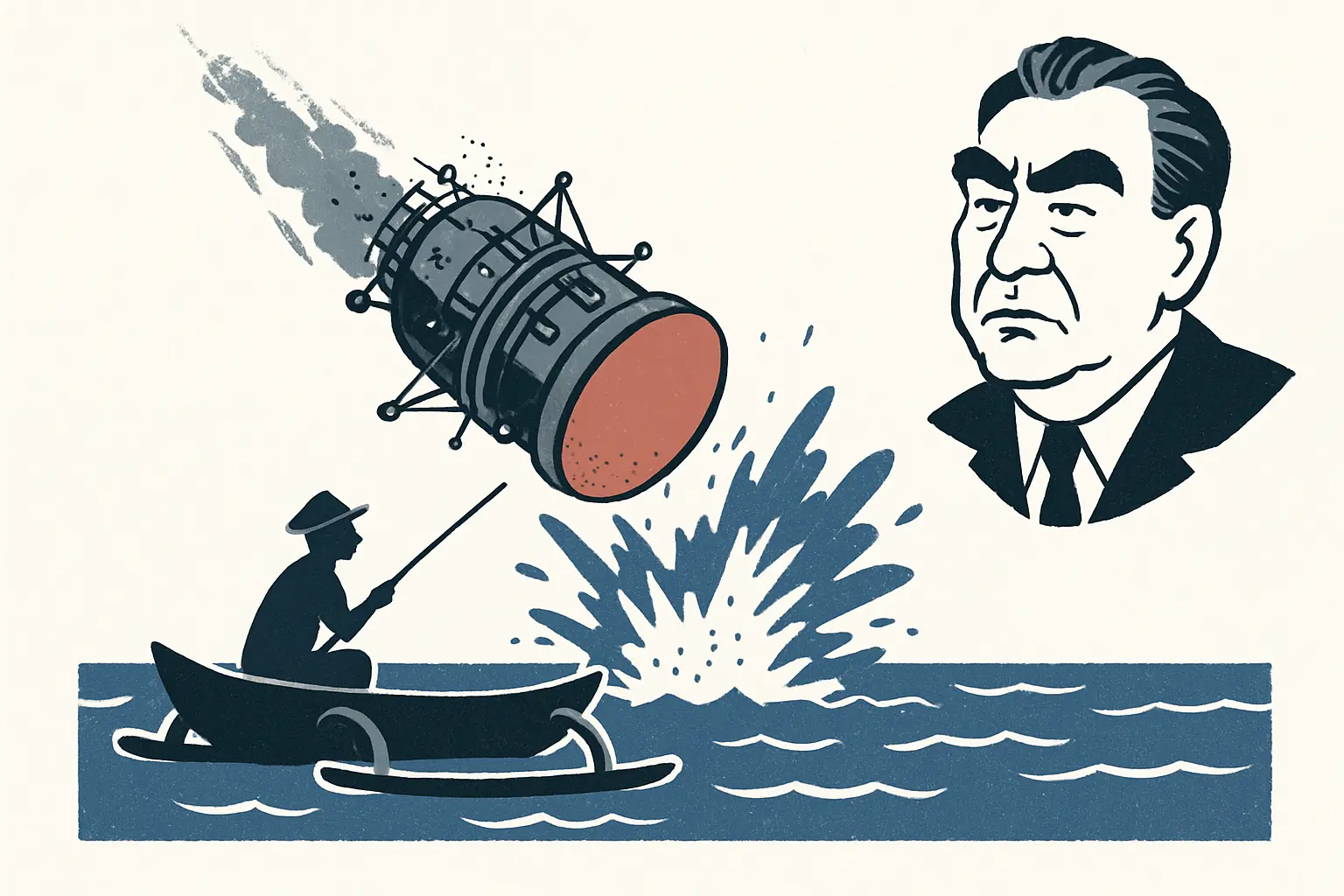
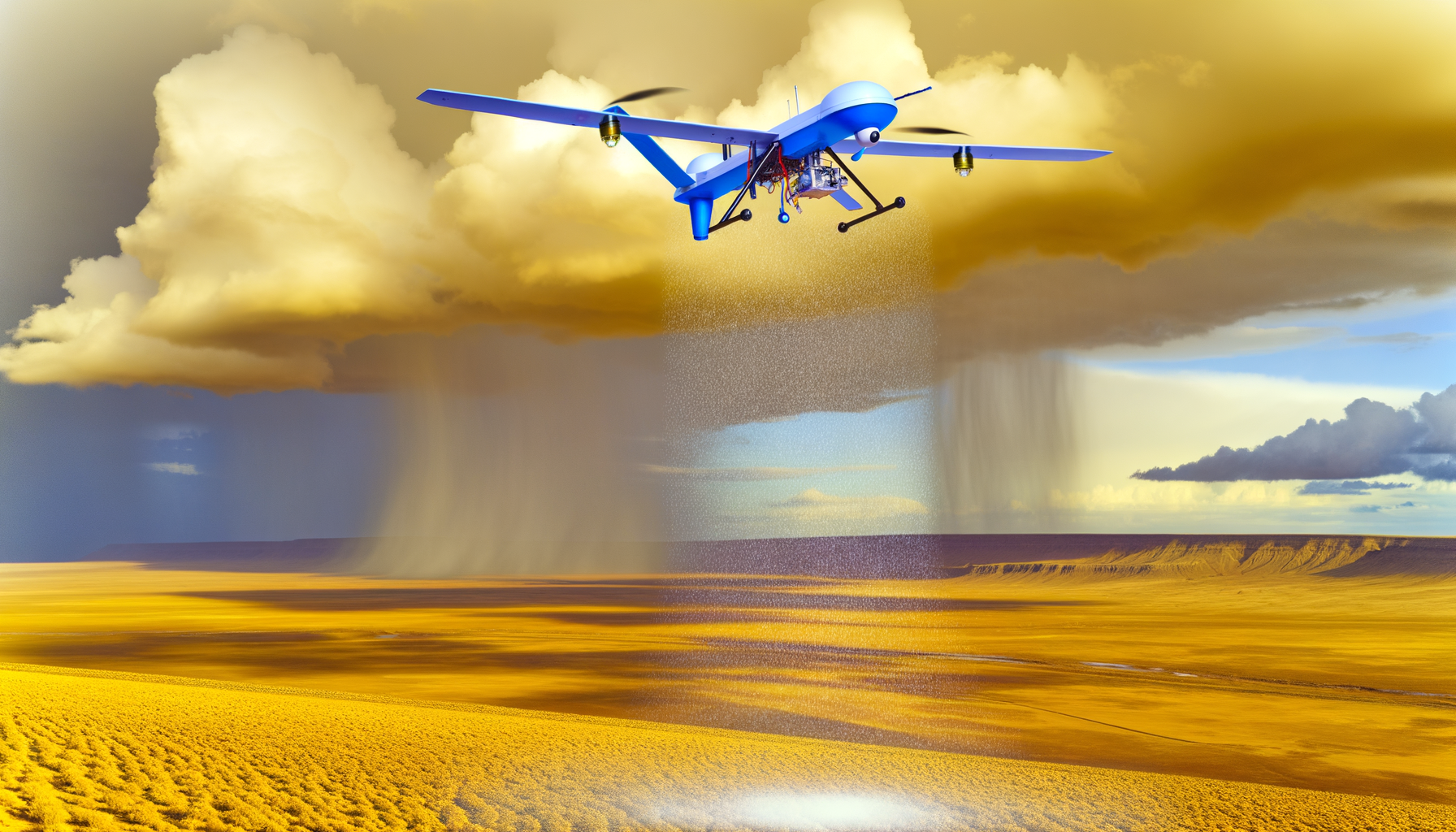
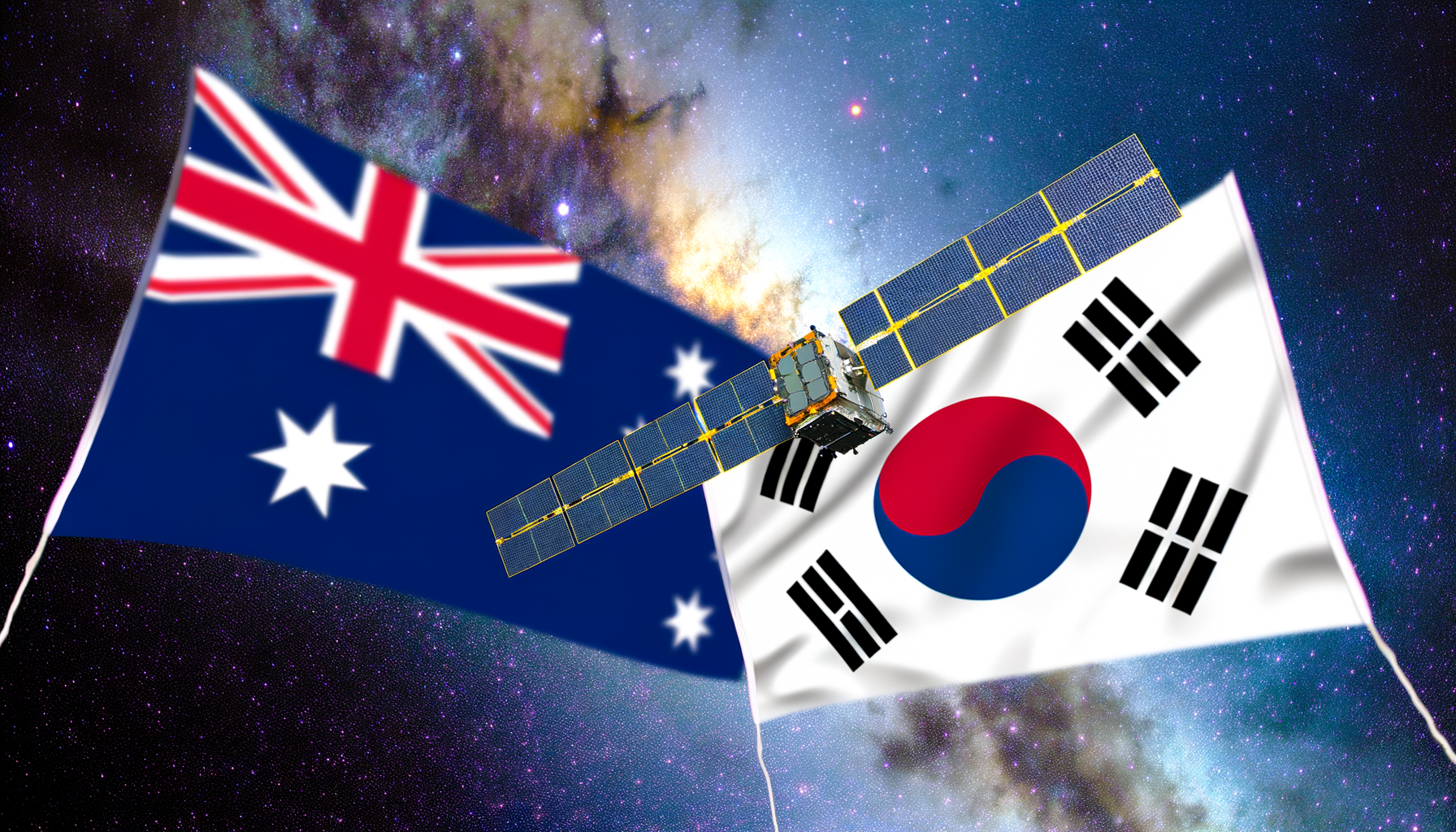
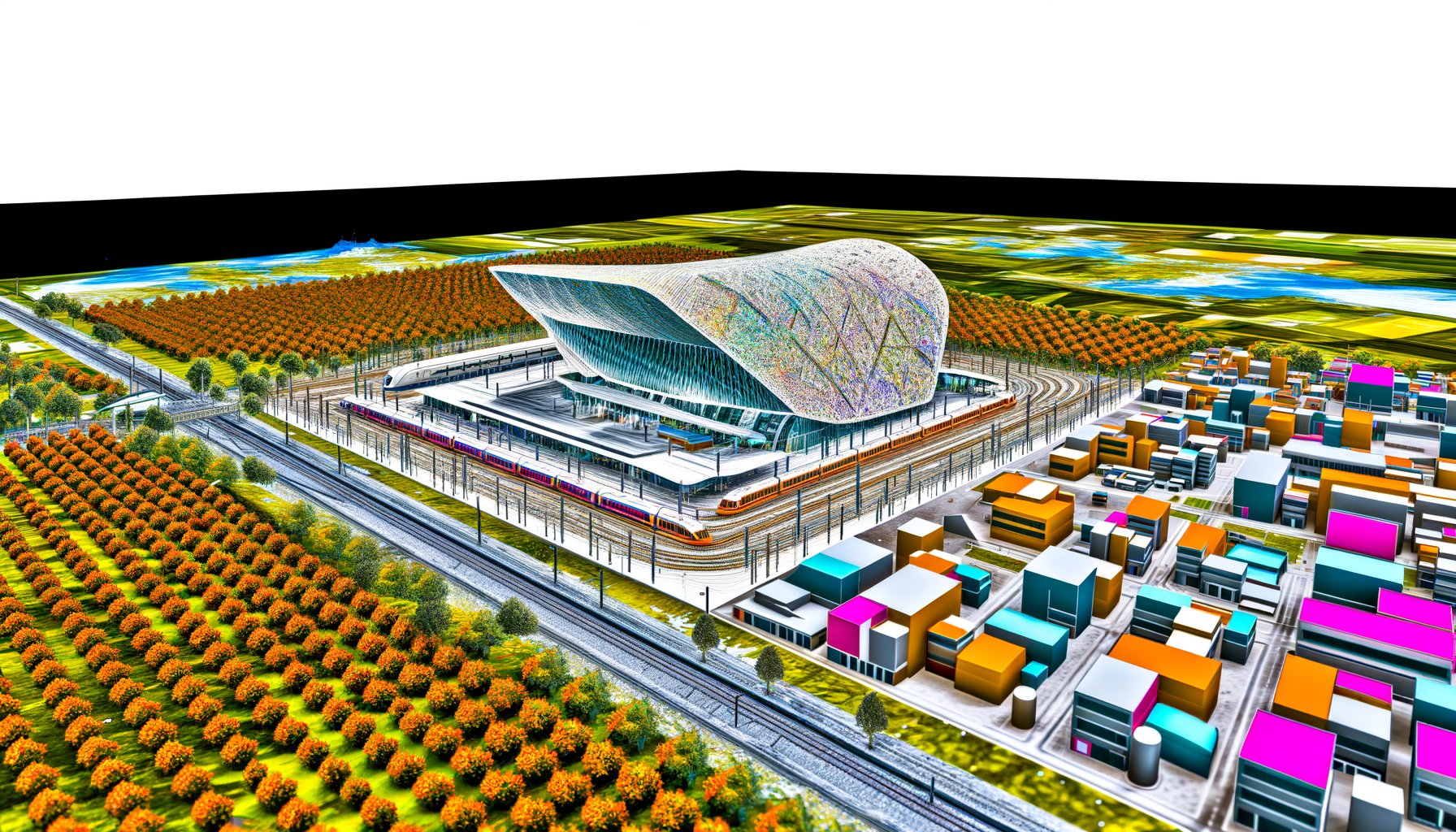

Comments are closed.